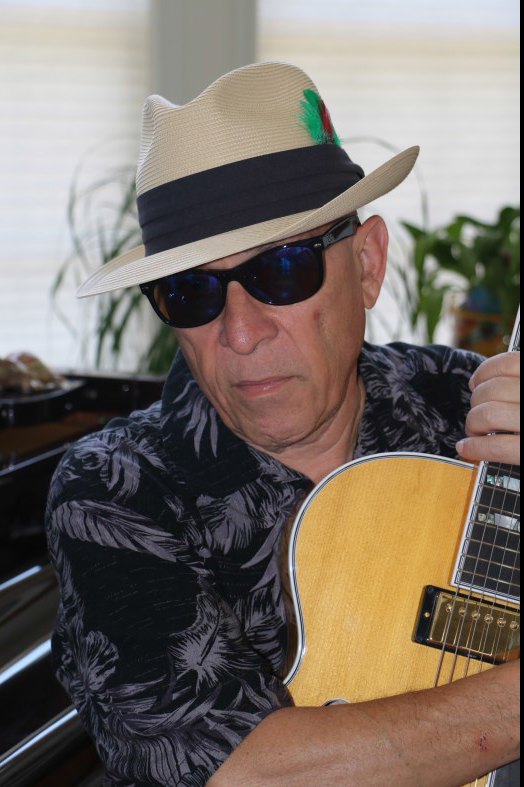CSD Research Labs
| AUDITORY SCIENCE LAB
|
 |
TINNITUS AND AUDITORY NEUROSCIENCE LAB Selected Recent Publications: Seidman, M.D. and Zhang, J.S. (2015) "Electrical Stimulation of the Brain and Neuromodulation", Chapter 60, In: Tinnitus - Diagnosis/Treatment, Shulman et al (Ed.), Thieme Publishers, New York. Xin-Xing Wang, Yan Jin, Bin Luo, Jing-Wu Sun, Jinsheng Zhang, Ming Wang, Lin Chen (2016) Sodium salicylate potentiates the GABAb-GIRK pathway to suppress rebound depolarization in neurons of the rat's medial geniculate body. Hearing Research. 332: 104-112. Zhang, J.S., Luo, H., Pace, Ed. And Liu B. (2015) Neural Correlates of Noised-Induced Tinnitus in Animals: Intra-and Inter-Auditory and Non-Auditory Brain Activity Studies. Hearing Res. doi:10.1016/j.heares.2015.08.006.
|
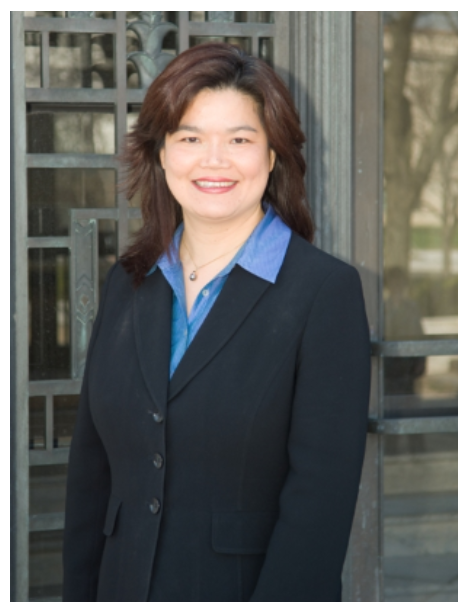 | NEUROSCIENCE AND COGNITION LAB Director: Li Hsieh, Ph.D. Dr. Li Hsieh has worked this year on the collaborative project entitled 'Estimate Crash Risk from the Attentional Effects of Cognitive Load: Phase 2,' co-funded by the Alliance of Automobile Manufacturers and the Association of Global Automakers, Inc. Dr. Hsieh's research and professional interests include bilingualism and multicultural issues. As a member of the Multicultural Issues Board for the American Speech-Language-Hearing Association (ASHA), Dr. Hsieh was Chair of the awarded 'Trailblazer' session "Increasing Cultural Competence: Asking the Right Questions Without Trivializing Culture" at the 2015 national meeting. This year Dr. Hsieh directed student research and taught undergraduate courses in 'Speech Science' and the graduate course 'Neuroscience of Communication Disorders." Selected Recent Publications: Hsieh, L. (2015). Effect of Bilingualism on Multitasking: A Pilot Study. American Speech-Language Hearing Association, SIG 14 Perspectives Issue, Dec. 2015. Seaman, S., Hsieh, L., & Young, R.A. (2016). Driver Demand: Eye Glance Measures. SAE Technical Paper 2016-01-1421, 2016, doi:10.4271/2016-01-1421. Young, R., Seaman, S., & Hsieh, L. (2016). The Dimensional Model of Driver Demand: Visual-Manual Tasks, SAE Int. J. Trans. Safety 4(1):2016, doi:10.4271/2016-01-1423.
|
| |
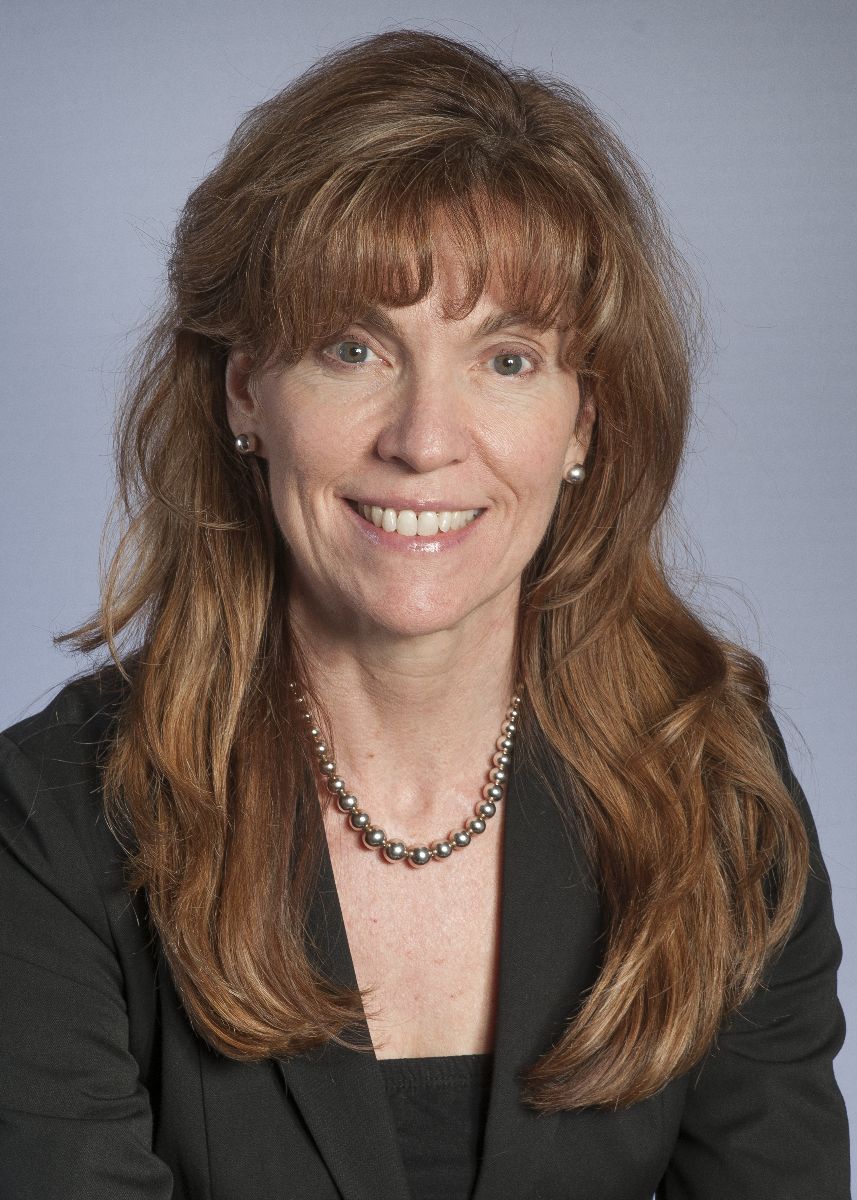 | APHASIA AND NEUROCOGNITIVE DISORDERS LAB Dr. Margaret Greenwald studies adult acquired language disorders (aphasia) including anomia, dyslexia, dysgraphia, agnosia, and neurorehabilitation. She is working to understand factors that promote generalization of learning to functional communication contexts in stroke survivors through the project "Cognitive and Social Approaches to Aphasia Treatment." She directs graduate student research and teaches graduate courses in 'Acquired Linguistic & Cognitive Disorders in Adults,' 'Research Methods in Communication Disorders,' and Doctoral Seminars. Selected Recent Publications: Greenwald, M. (2015). Research, Evidenced-Based Practice and Tests and Measurements. In G.L. Lof and A.F. Johnson (Ed.), National Speech Language Pathology Examination Review & Study Guide (pp. 91-101). Evanston, IL: TherapyEd. Greenwald, M.L. (2015, epub ahead of press). Wernicke's aphasia: Auditory processing and comprehension. In A.M. Raymer & L.J.G. Rothi (Eds.). Oxford Handbook of Aphasia and Language Disor-ders. New York: Oxford University Press. DOI: 10.1093/oxfordhb/9780199772391.013.5 Lu, C., & Greenwald, M. (2015, epub ahead of press). Reading and working memory in adults with or without formal musical training: Musical and lexical tone. Psychology of Music. DOI: 10.1177/0305735614568881 |
| |
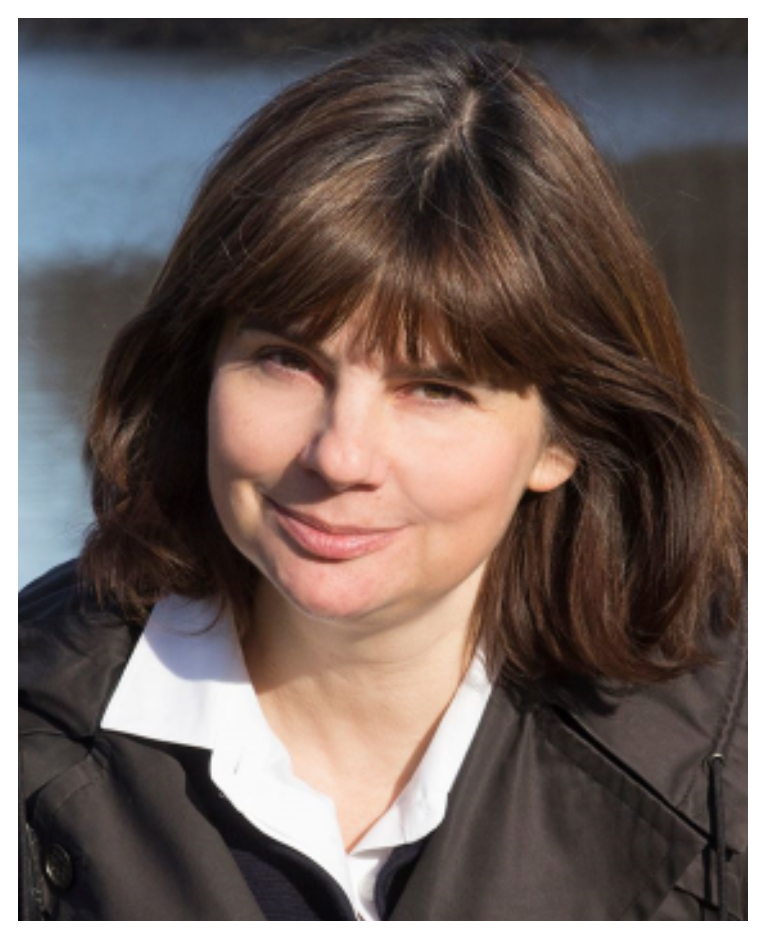 | CHILD LANGUAGE & LITERACY DEVELOPMENT LAB Director: Natalia Rakhlin, Ph.D. Dr. Natalia Rakhlin joined our faculty in 2014 from the Yale Child Study Center. She has developed an active lab with research projects focusing on child language development, literacy, and genetic and environmental influences on child language development. Dr. Rakhlin was selected for a WSU Graduate Research Assistant Competition award for 2016-2017 for her project, 'Measuring language development in monolingual and bilingual Arabic-speaking children.' She has been invited to join the training faculty of the Merrill Palmer Skillman Institute. Dr. Rakhlin directs student research projects and teaches 'Normal Language Acquisition,' 'Doctoral Seminar,' 'Language Development and Disorders in Children from Birth to Five,' and 'Phonological Disorders in Children.' Selected Recent Publications: Kornilov, S., Rakhlin, N., Koposov, R., Lee, M., Yrigollen, C., Caglayan, A., Magnuson, J.S., Mane, S., Chang, J., Grigorenko, E. (2016). Genome-Wide association and exome sequencing study of language disorder in an isolated population. Pediatrics (ahead of print) doi: 10.1542/peds.2015-2469 Rakhlin, N., Hein, S., Doyle, N., Hart, L., et al. (2015). Language development of internationally adopted children: adverse early experiences outweigh the age of acquisition effect. Journal of Communication Disorders, 57, pp. 66-80. Rakhlin, N., Kornilov, S., Reich, J., & Grigorenko, E.L. (2015). Interpretation of anaphoric dependencies by Russian-speaking children with and without developmental language disorder. Language Acquisition, (ahead-of-print), 1-29. |
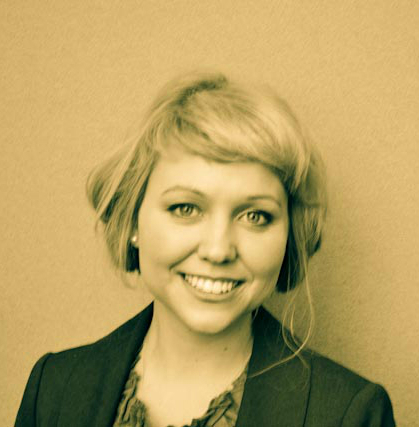 | BEHAVIORAL SPEECH AND GENETICS LAB Director: Shelly Jo Kraft, Ph.D., CCC-SLP Dr. Shelly Jo Kraft has developed a research program on the genetics of speech disorders, most particularly stuttering. She has traveled extensively to work with international collaborators and to collect saliva samples for analysis from international communities with concentrated populations of people who stutter. She was recently awarded an R03 grant from the NIH (NIDCD) entitled, 'Genetic Study of Developmental Stuttering.' She has recently collaborated on the project 'Stuttering Phenotype Australian Family Cohort' funded by the Center for Mendelian Genomics and the NIH, and on the project 'Empowering Partnerships for Inclusive Community Exchange: Autism' at WSU, funded by Mobility International. She received WSU funding to support her collaboration with McMaster University on 'Biomarkers for Speech Disorder: An Imaging Genetics Study.' In addition to directing graduate student research, Dr. Kraft currently teaches the CSD graduate courses, 'Language Disorders in School Aged Children,' 'Voice Disorders,' 'Auditory Genetics,' and 'Doctoral Seminar.' Selected Recent Publications: Kraft, S. J. (2016). Molecular Windows into Motor Speech Disorders. In P. van Leishout, B. Maassen, & H. Terband (Eds.), Speech Motor Control (pp. 1-23), ScholarOne Publishing. Belyk, M., Kraft, S. J., & Brown, S. (2015). Stuttering as a trait or state - an ALE meta-analysis of neuroimaging studies. European Journal of Neuroscience, 41(2), 275-284. Kraft, S. J., Ambrose, N., & Chon, H. C. (2014). Temperament and environmental contributions to stuttering severity in children: the role of effortful control. Seminars in Speech and Language, 35(2), 80-94. |
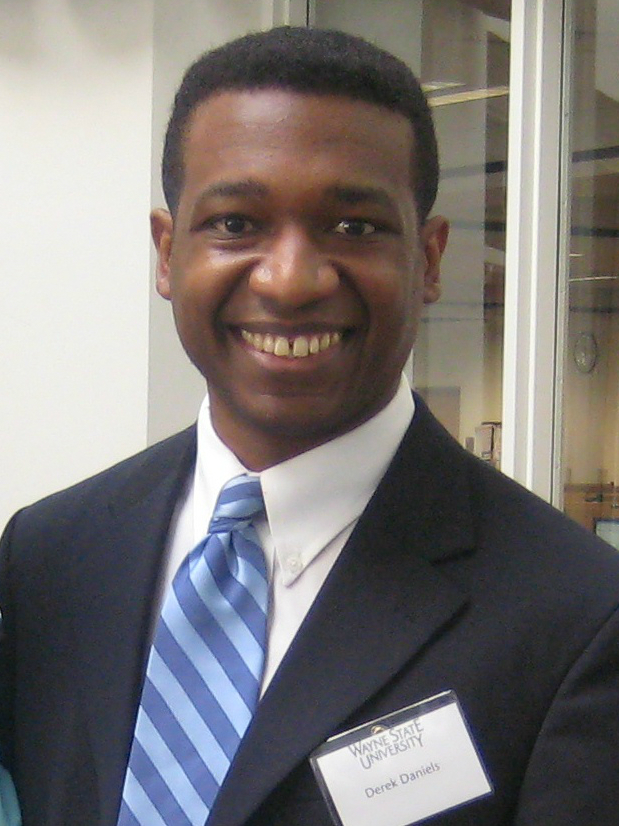 | Director: Derek E. Daniels, Ph.D., CCC-SLP Dr. Derek Daniels is examining how identity and psychosocial factors affect quality of life in individuals who stutter or have other communication disorders. His work is on the forefront of differentiating the effects of linguistic, cultural, and social diversity on communication. He collaborated on the project, "Fostering collaborative relationships between speech-language pathology and school counseling students for the treat-ment of children who stutter" funded by The University of Toledo. He currently teach-es 'Normal Language Acquisition,' 'Introduction to Speech-Language Pathology,' 'Stuttering,' 'Professional Issues in Speech-Language Pathology,' and supervises graduate student research. Selected Recent Publications: Hughes, S., Gabel, R., Roseman, C., & Daniels, D. (2015). An interdisciplinary training program in stuttering: Raising awareness and changing attitudes. In K. O. St. Louis (Ed.), Stuttering meets stereotype, stigma, and discrimination: An overview of attitude research (pp. 243-252). Morgantown, WV: West Virginia University Press. Boyle, M.P, Daniels, D.E., Hughes, C.D, & Buhr, A.P. (in press, 2016). Considering disability culture for culturally competent interactions with individ-uals who stutter. Contemporary Issues in Communication Sciences and Disorders. Hughes, C., Gabel, R., & Daniels, D.E. (2015). Discussing stuttering with parents: A preliminary study of the experiences of adolescents who stutter. Speech, Language, and Hearing, 18, 44-54. |
